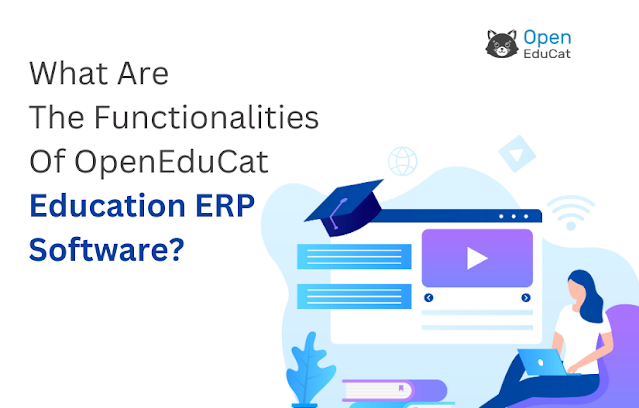Bangalore, India – October 2024 – OpenEduCat, a leading provider of comprehensive education management solutions, is thrilled to announce a strategic partnership with Deshpande Skilling, a renowned institution committed to empowering youth through skill-based education. This collaboration aims to enhance operational efficiency and streamline administrative processes within Deshpande Skilling by implementing OpenEduCat's state-of-the-art Enterprise Resource Planning (ERP) system.
Deshpande Skilling, known for its dedication to fostering skill development and creating job-ready professionals, will leverage OpenEduCat's ERP solutions to optimize their educational framework. The ERP system brings everything together—managing students, setting up schedules, handling finances, and creating reports—so running things becomes easy and smooth.
OpenEduCat’s Perspective:
"We are excited to partner with Deshpande Skilling in their mission to transform rural education through skill development," said Parthiv Patel & Neha Patel, CEO & Founders of OpenEduCat. Our ERP solutions are designed to fit the specific needs of schools and colleges, and we’re sure this partnership will boost how Deshpande Skilling operates. With our advanced system, we want to make things more efficient, clear, and easy to use, helping Deshpande Skilling deliver top-notch education and training.Deshpande Skilling’s Perspective:
"We are delighted to join hands with OpenEduCat to implement cutting-edge ERP solutions," said P.N Nayak, CEO of Deshpande Skilling. This partnership aligns with our commitment to leveraging technology for improving educational outcomes and operational efficiency. We believe that this collaboration will enable us to better serve our students and stakeholders. Bringing in OpenEduCat’s ERP system will make it easier to manage our work, so we can spend more time focusing on our main goal—building skills and empowering people.The implementation of OpenEduCat's ERP system is expected to commence in 2024, with full deployment anticipated by the end of the year. Both organizations are committed to ensuring a smooth transition and providing comprehensive training to staff members to maximize the benefits of the new system.



.png)






